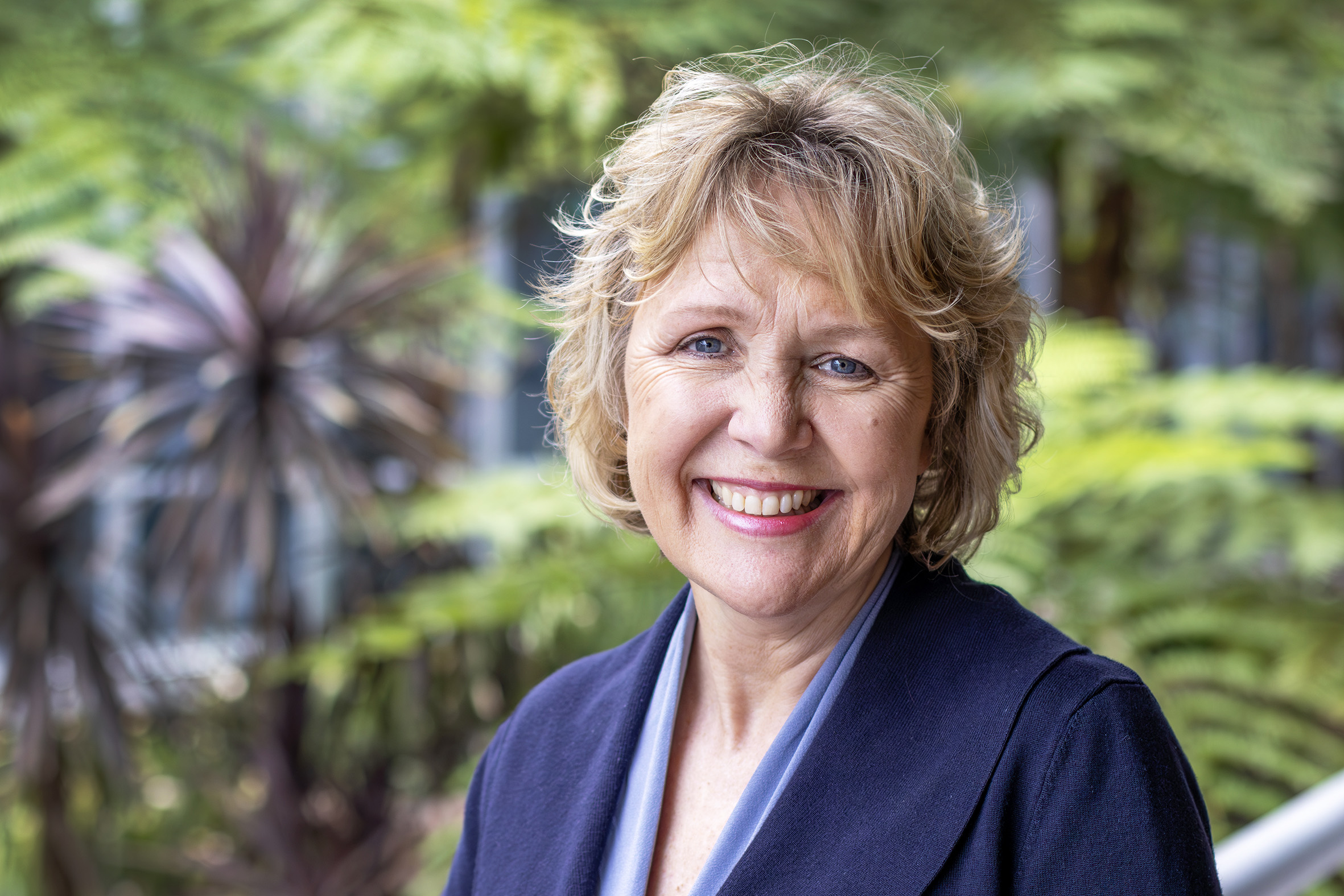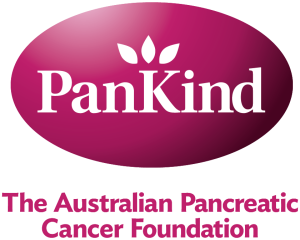2023 New Treatment Grant - A/Prof Jennette Sakoff
New pancreatic cancer treatment involving Aryl Hydrocarbon Receptor (AhR) inhibition in the tumour and microenvironment

Grant
New pancreatic cancer treatment involving Aryl Hydrocarbon Receptor (AhR) inhibition in the tumour and microenvironment
Award
2023 New Treatment Grant
Institution
Calvary Mater Newcastle
Principal Investigator
A/Prof Jennette Sakoff
Time required to complete project
2 years
Project Summary
This project aims to target pancreatic cancer through the inhibition of the aryl hydrocarbon receptor (AhR) pathway, which is known to promote disease initiation and proliferation. AhR is overexpressed in 80% of pancreatic tumours and associated with poor overall survival. The activation of AhR in pancreatic cancer contributes to tumour growth, suppresses the immune system, and promotes the formation of a protective fibrous barrier around the tumour, which can impede the efficacy of standard chemotherapy and immunotherapy. By developing novel AhR inhibitors, the project seeks to not only hinder tumour growth but to also modify the tumour microenvironment which in turn will sensitize the cancer to conventional therapies. The team has identified an AhR-inhibitor 'chemical-switch' that allows access to potent chemotherapeutics with a unique mechanism of action. Pre-clinical studies will be conducted to validate the effects of AhR inhibition on pancreatic cancer and the tumour microenvironment. Successful outcomes may lead to innovative treatment approaches, addressing the aggressive nature of pancreatic cancer and improving patient prognosis. Collaboration with experts from diverse disciplines will ensure a comprehensive and effective research endeavour.
Co-Investigators:
Dr Jayne Gilbert, Calvary Mater Newcastle
Prof Adam McCluskey, University of Newcastle
A/Prof Fiona Day, Calvary Mater Newcastle
Ms Madhu Garg, Calvary Mater Newcastle
Prof Phoebe Phillips, University of New South Wales
Dr George Sharbeen, University of New South Wales
This grant was made possible by The Ian Harty Charitable Trust.

